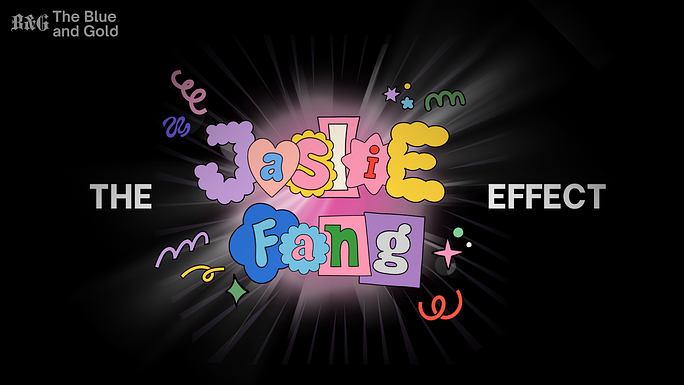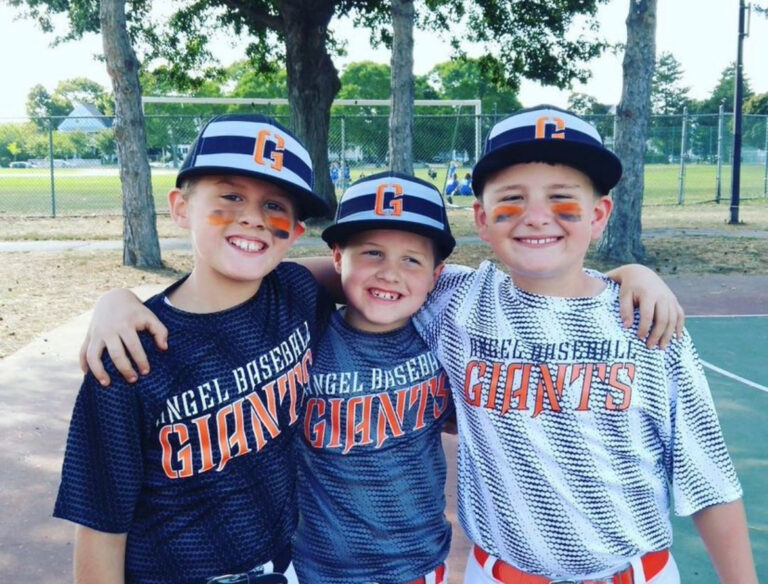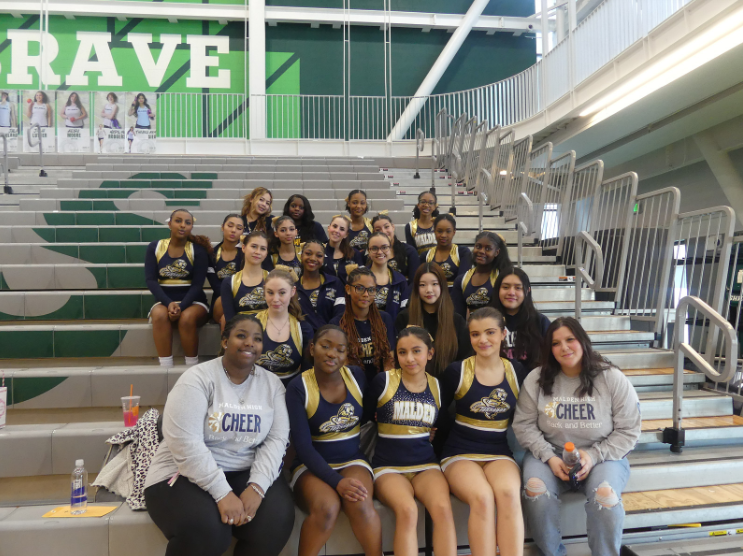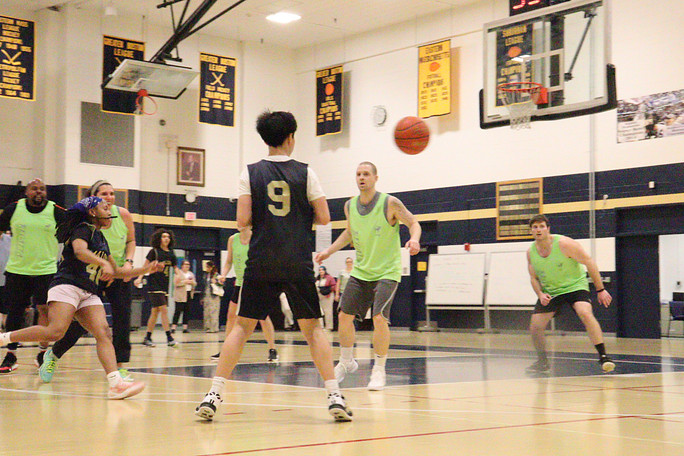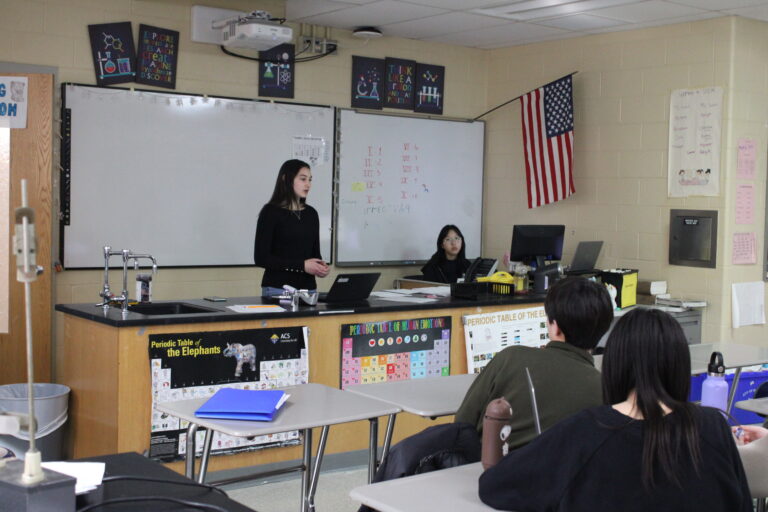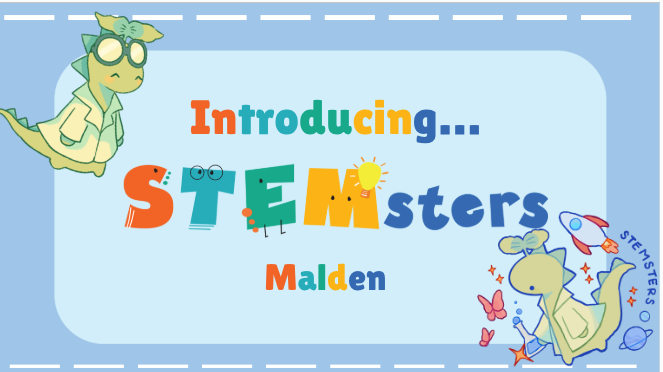There are a lot of things I am not good at. Math, basketball, washing dishes, judging how much water I can fit into a mug, spelling the word ‘neccesary’, cooking, wrapping presents and shuffling cards are among those things. But one thing I’d like to think that I’m good at, or at least mediocre at, is writing.
It goes without saying that the average modern teenager prefers going on their smartphone than reading. I have friends who haven’t picked up a book since R. L. Stein’s Goosebumps series, back when the books were a hit at my middle school in 2008. Whereas I get a physical high from being inside of a Barnes and Noble.
Typically, books aren’t associated with YouTube, today’s largest video sharing platform, and also a website that all youths are familiar with, until recently, since publishing giants like Simon and Schuster began signing YouTube stars onto their company (which is basically shorthand for “Hey! We can make some major money off of these people!”).
One particular case of this happening involves twenty-four-year-old Zoe Sugg, known more widely on the internet as Zoella. Sugg, who rose to internet stardom by her wildly popular beauty and makeup videos on YouTube, came out with a book titled Girl Online late November last year.
Girl Online claims to be a novel, which, by definition, means that it is of fictitious prose. However, this book is a carbon copy of Sugg’s life – a young, attractive woman who lives in England, runs a popular blog, has a problem with anxiety, and has a taste for cutesy fairy lights and bath bombs. The age old adage always suggests to “write what you know” and it feels as if Sugg knows very little else. The protagonist isn’t the exact same as her, granted, but it’s so blatantly obvious who she is based off of.
The premise is as follows: A clumsy, awkward teenage girl (because relatability is a major factor in anything popular these days) named Penny Porter starts an anonymous blog where each entry is a day in her bland, bland life. She has bad anxiety and often has severe panic attacks. Until one day, everything changes when she meets. . .A boy.
A boy.
Yes, a bestselling debut novel’s protagonist’s life changes because of the romantic company of a male. Not a therapist, not a psychologist. I can say this for all of the women in the world: we don’t need any more weak female characters. Leave that to the Juliet Capulets and Anastasia Steeles of the literary world.
I cannot bring myself to trash on every part of the book. It does a mediocre job of spreading information and awareness of mental disorders and illnesses, something that I truly appreciate Sugg for advocating both in her career and in Girl Online.
As if the situation could not have gotten more problematic, more news leaked a few days after Sugg broke the record for highest first-week sales of a first-time novelist, beating out J.K. Rowling (you read that right). Sugg had a ghostwriter, meaning that another person was paid to write the book for her while she took it under her own name. The ghost writer, Siobhan Curham, an adult and young adult novelist hailing from the UK, apparently wrote most of the book after following Sugg’s initial plot idea. Sugg continues to ignore this, as misleading and wrongful as it is. So, not only did Sugg have a ghost writer, she didn’t even have a good ghost writer.
And before all of the Zoella supporters reading this article say that I have no right to judge Girl Online because I’ve never read it, guess what? I tried reading it. Tried.
The best part? Girl Online is set to have a sequel that will be released in November 2015.
Other than Sugg, popular YouTube stars such as Shane Dawson, Colleen Ballinger (best known as the fictional persona Miranda Sings), Shay Carl Butler, Joey Graceffa, Justine Ezarik, Alfie Deyes and Connor Franta have been offered book deals from publishers like Simon and Schuster and Keywords Press, all of which I have problems with. Deyes’ book, The Pointless Book, is an obvious rip-off of the successful Wreck This Journal series by Keri Smith. Ezarik makes a living off unboxing newly-bought Apple products and recording her doing so. Graceffa films himself saying irrelevant statements in silly voices that could solely make twelve year olds laugh and doing utterly pointless, offensive activities (his most viewed video currently is one of him and Dawson testing how “gay” they are. Other gems: the “WTF is in my mouth? Challenge” and the “What is this? Challenge”).
I can give a slight exception to young adult author turned internet star John Green. Though he is a professional writer and is trained in the field, his books follow the same abiding formula – a nerdy Caucasian person romantically pursues seemingly perfect dream girl-slash-guy and pretentious affairs ensue, including but not limited to road trips, scavenger hunts, and ironic doings. This is usually followed by metaphors involving something you would find on a teenager’s Tumblr blog, like astronomy and weather. But I enjoy his writing style and I have read his books before.
The motive of this article is not to insult any of the people mentioned, though it may appear that way. I appreciate their efforts and hard work (well, most of them) but the quality of the books they turn out are, and I say this in the most polite way possible, garbage. I don’t see letters on the cover of their books. Instead, my brain reworks them instantaneously and all I see are dollar signs.
As someone who wants to pursue writing as a career, it makes me nothing short of frustrated that publishing companies today only seek money and glory, and not actual talent. There are writers everywhere you look, waiting to be discovered. Whether they’re twelve years old and incredibly gifted, they’re an English teacher with a forgotten dream, or an uncharted author living in a shoe-box, struggling to make a dollar off of what they love to do.
And to close this piece, I will end with a quote by Sugg herself:
“Please picture me giving a dramatic, heartfelt sigh at this point.” (Girl Online, pg.3)
Yikes.

